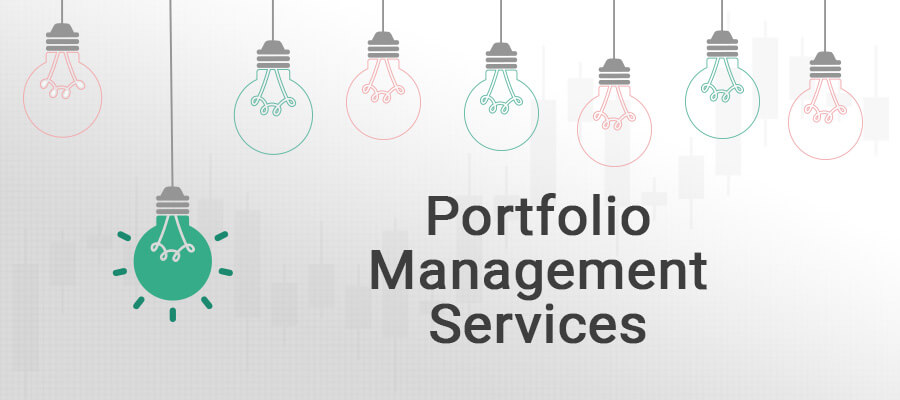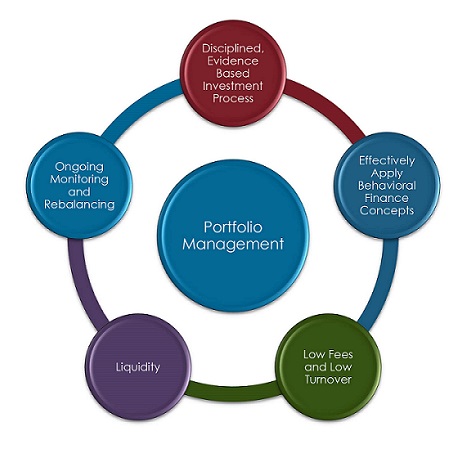Market volatility can have a significant impact on portfolio management. Investors must be aware of the potential risks associated with a volatile market and have strategies in place to protect their portfolios from these risks. Volatility can have both positive and negative effects on a portfolio, and understanding how to manage the market’s volatility can help investors maximize their returns.
Understanding Volatility
Volatility is the measure of how much a security’s price fluctuates over a given period of time. A volatile market is one where prices are changing rapidly and unpredictably. Volatility can be caused by a variety of factors, including macroeconomic events, political uncertainty, and investor sentiment. If you need more information about portfolio management, You may navigate to this site.
Image Source: Google
The Effects of Volatility on Portfolio Management
Volatility can have both positive and negative effects on a portfolio. On the one hand, volatile markets can create opportunities for investors. When prices are rapidly changing, investors can take advantage of the market’s fluctuations by buying and selling securities quickly. Additionally, volatile markets can lead to higher returns for investors, as they have the potential to increase the value of their portfolios. On the other hand, volatility can also lead to greater risks for investors. Volatility can cause prices to fall quickly, leading to large losses.
Managing Volatility in a Portfolio
Investors must take steps to manage the risks associated with volatile markets. Diversification is key to managing volatility. By spreading investments across different asset classes, investors can reduce the risk of large losses due to market volatility.



